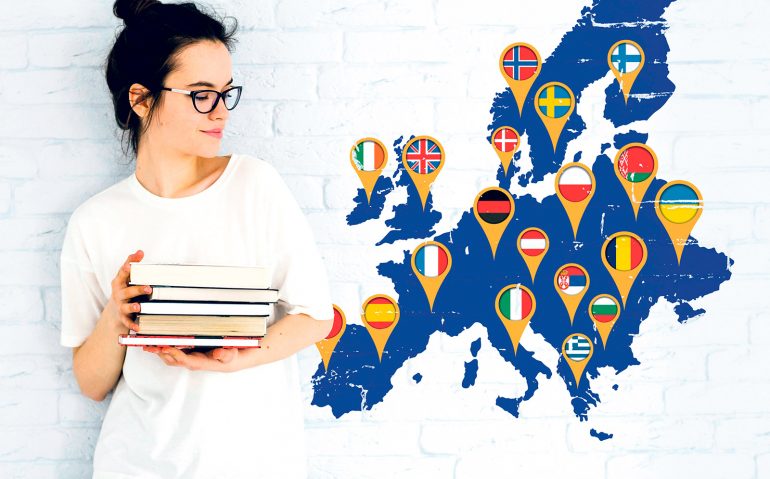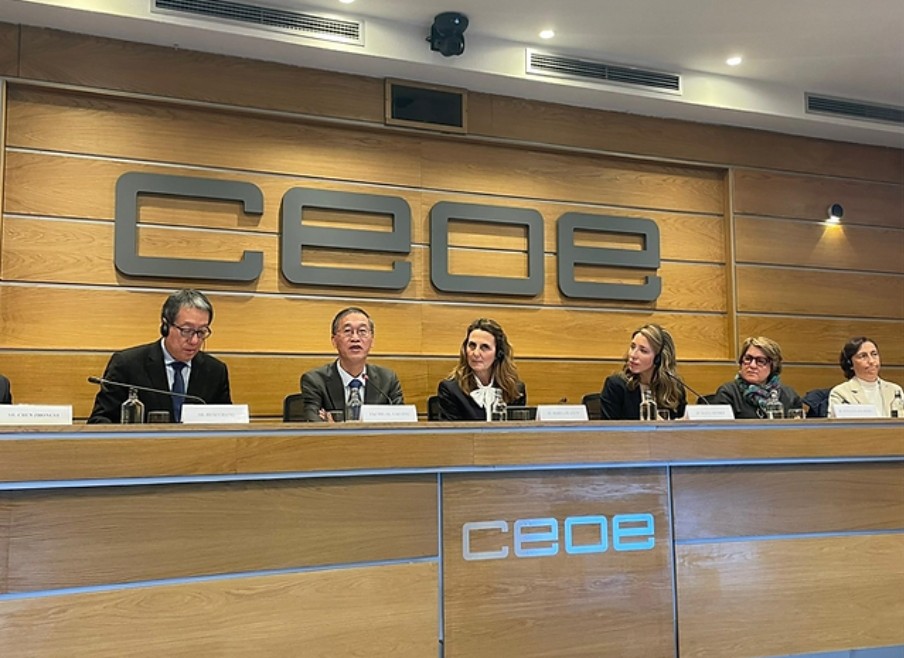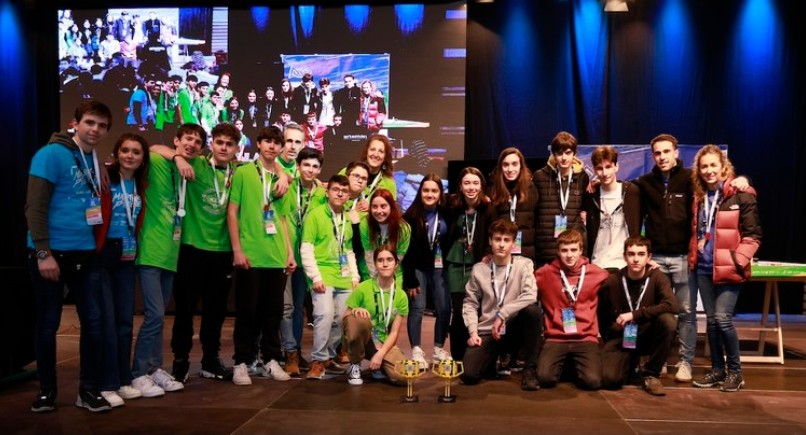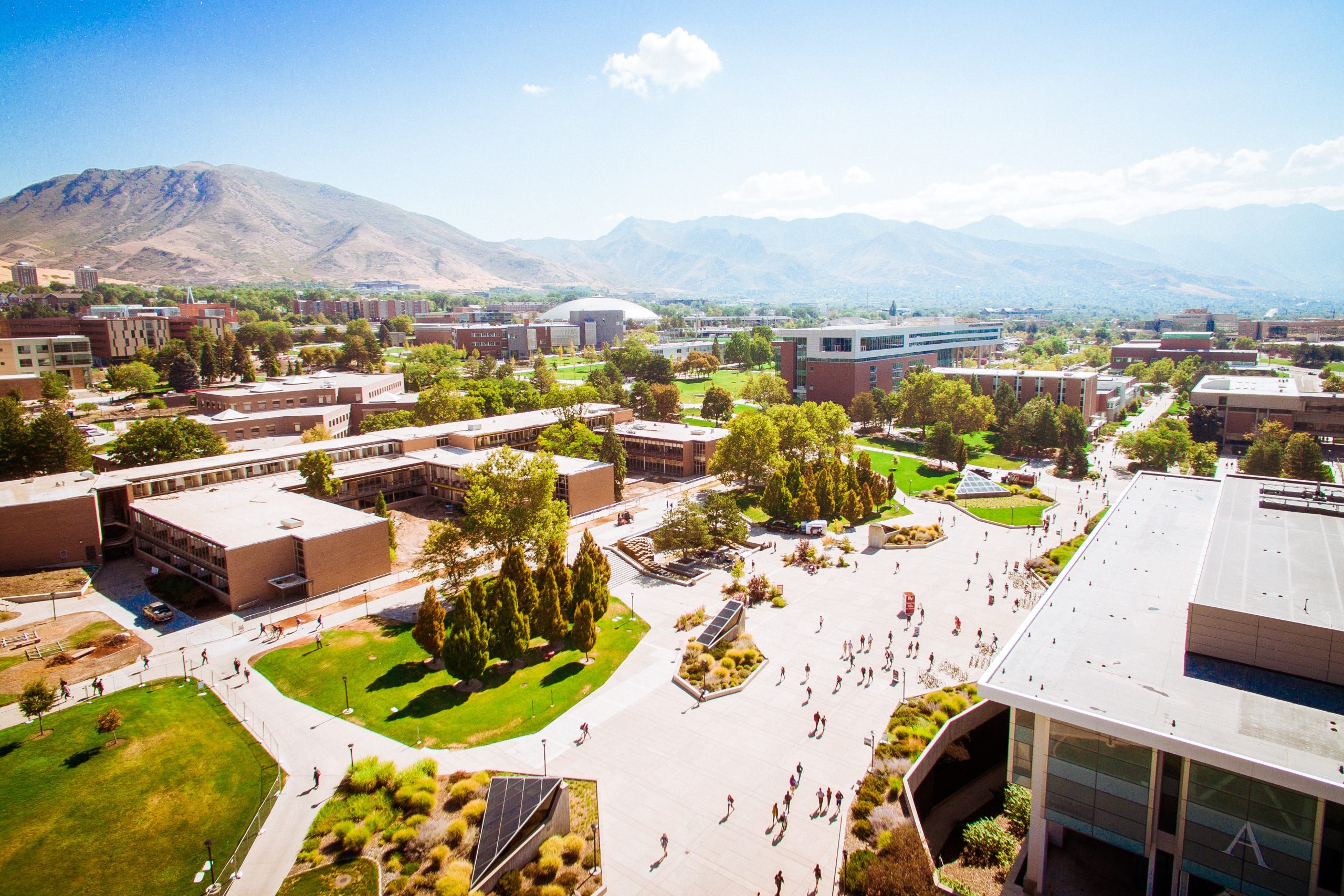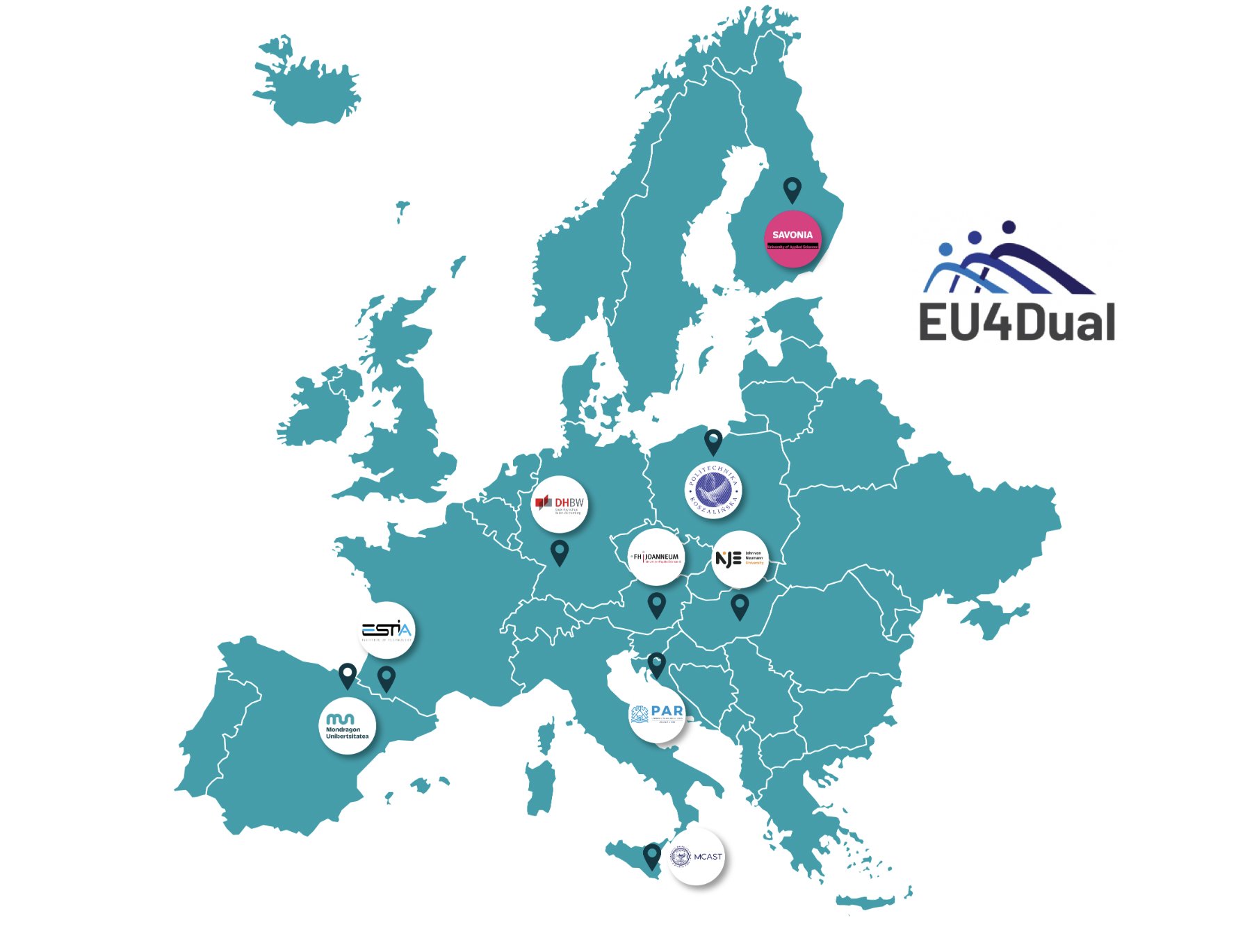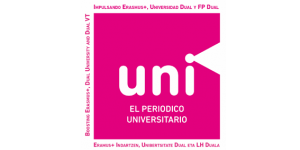On December 4, 2019, the Secretary General of Universities of the Ministry of Science, Innovation and Universities, José Manuel Pingarrón, noted at the opening of the 2019 Erasmus+ Annual Broadcasting Day at the Teatro Real in Madrid, organized by the Spanish Service for the Internationalization of Education (SEPIE), Spain’s role in the European leadership of the Erasmus+ programme in all education sectors , highlighting the growing international interest in the quality of Spanish universities.
SEPIE, National Agency of the Erasmus+ programme in Spain in the fields of education and training, brought together more than 1,100 participants from all points of the Spanish geography. Attendees of this national conference were Erasmus+ project teachers and coordinators from all education sectors: School Education, Vocational Training, Higher Education and Adult Education, as well as authorities at national and European level, and representatives of European educational programmes of the Autonomous Communities and Cities.
The main objectives were to make visible the work done by schools and universities in Erasmus+, to present examples of good practices, to show the results of the decentralized actions of the 2019 call in Spain and to launch the last European Call Erasmus+ 2020. The main theme of this meeting was innovation, employability and entrepreneurship in Erasmus+, together with the promotion of common European values.
José Manuel Pingarrón stated that “talking about the Erasmus+ programme is to provide life experiences and contribute to internationalization, innovation and cooperation; is to improve the employability options of our young people.” In addition, Pingarrón added that “sustainability and the environment are also supported from Erasmus+”, in relation to the Climate Summit that was taking place in Madrid during those days.
Impact of the program in Spain
In the Erasmus+ 2019 call, more than 2,270 projects of mobility of people were subsidized for learning reasons, in all education sectors and for both students (studies and internships) and teachers, which translate into just over 80,790 mobility and about 170 million euros.
Also, in projects of Strategic Partnerships, 1,086 projects were financed in all education sectors, both innovation and exchange of good practice projects, with a total economic endowment of just over 56.17 million euros for this type of project.
The impact of Erasmus+ has gone much further with the new initiative launched by the European Commission called “European Universities”, with a total eco-allocation of 85 million euros (up to 5 million euros per university alliance created). This initiative, which is part of the Erasmus+ programme, arises from the need to be able to compete long-term with universities worldwide. In this sense, we can speak of a resounding success for Spanish universities.


